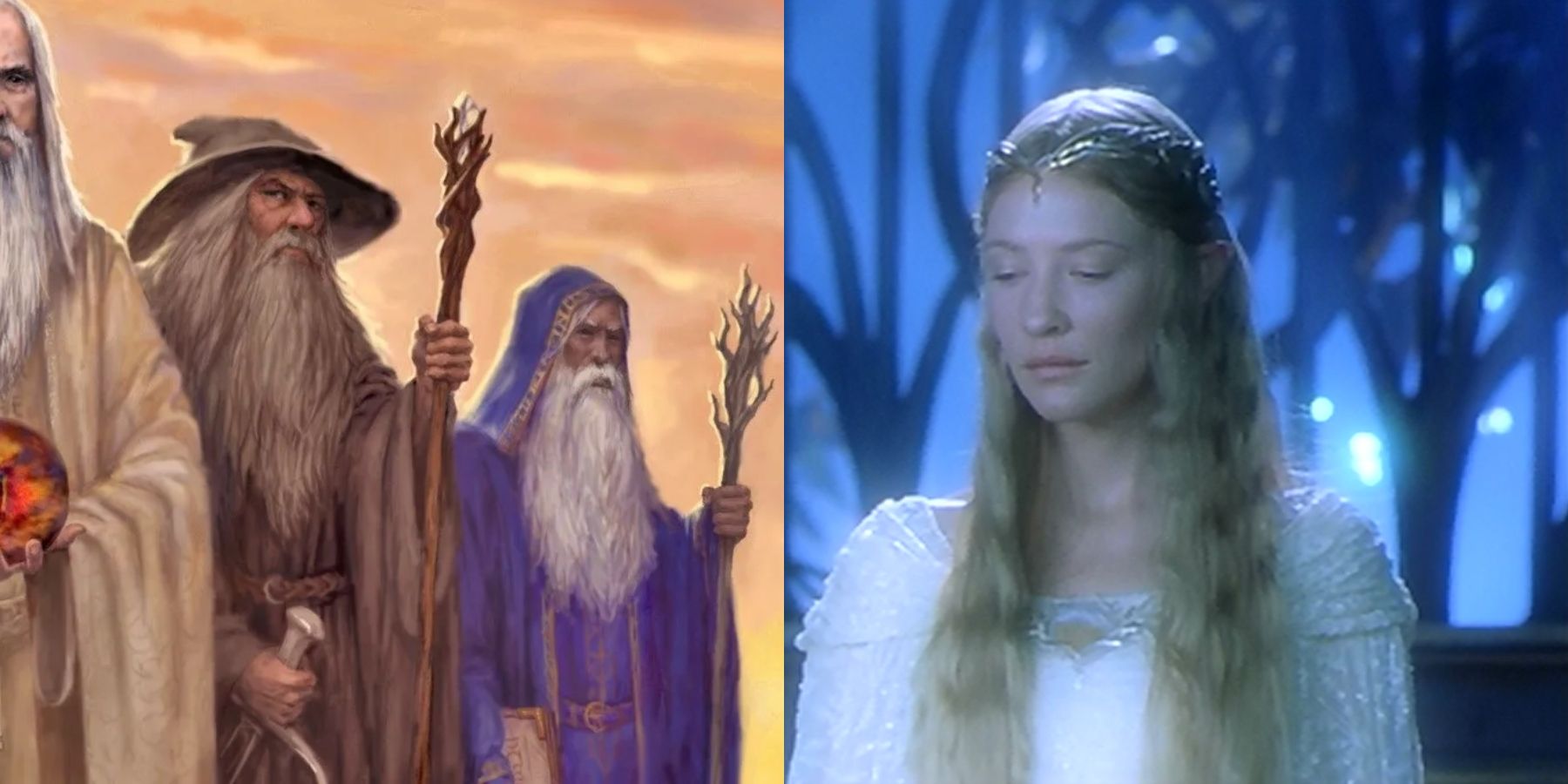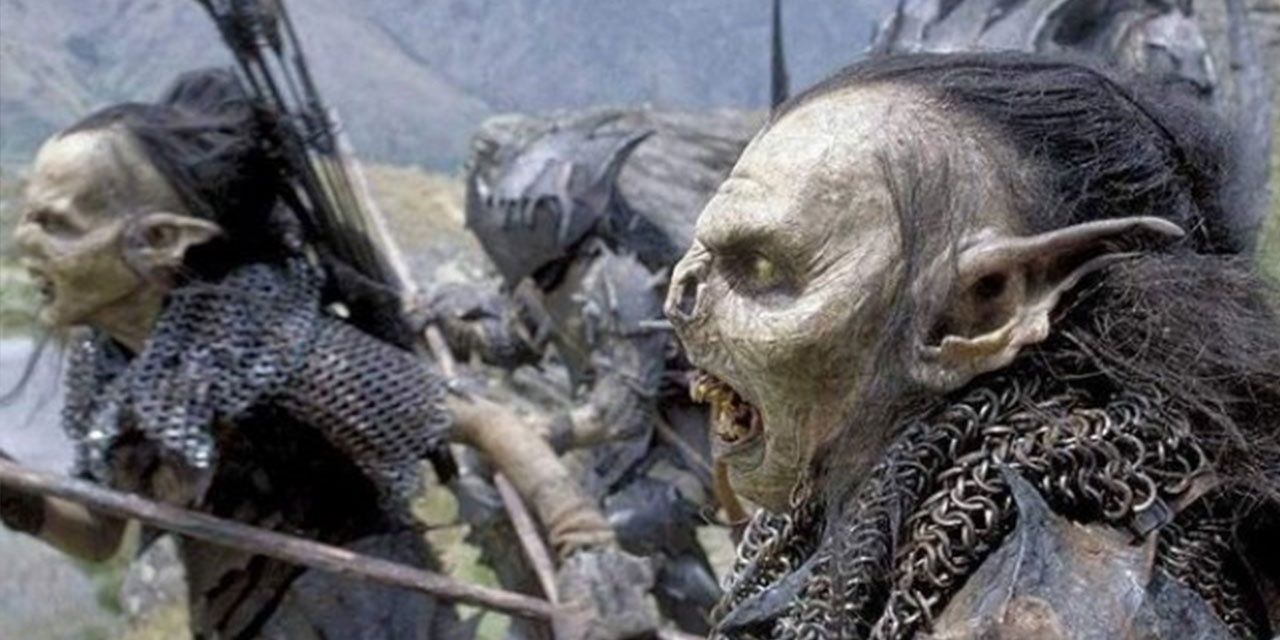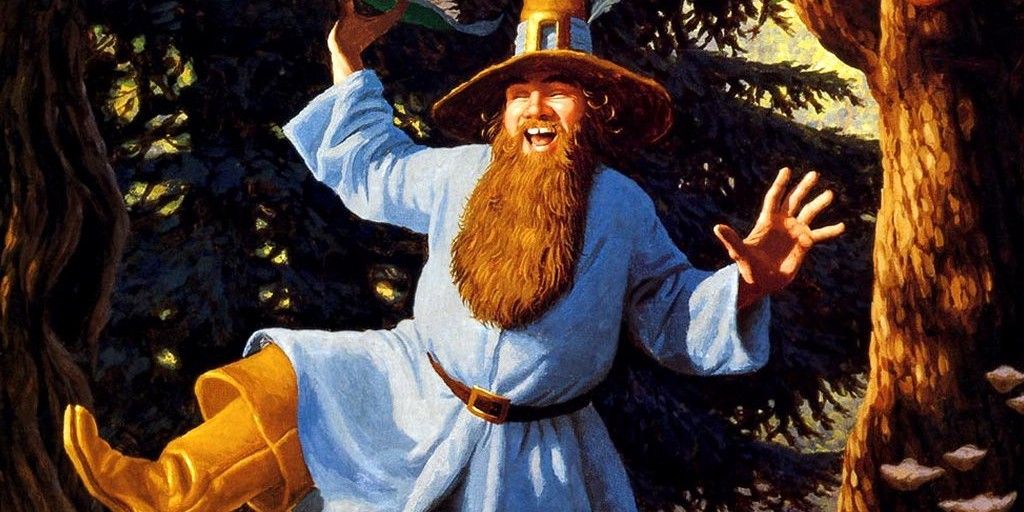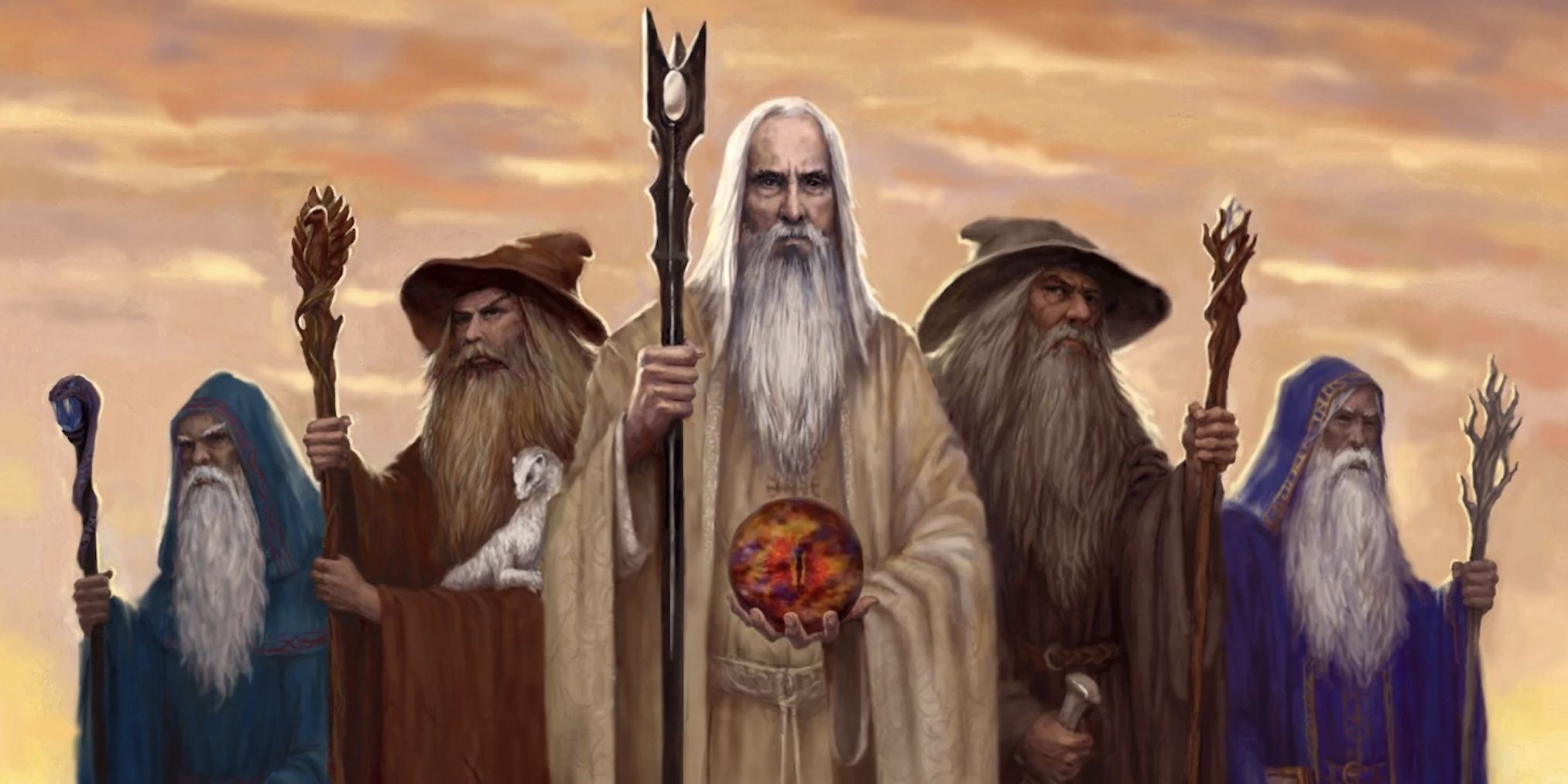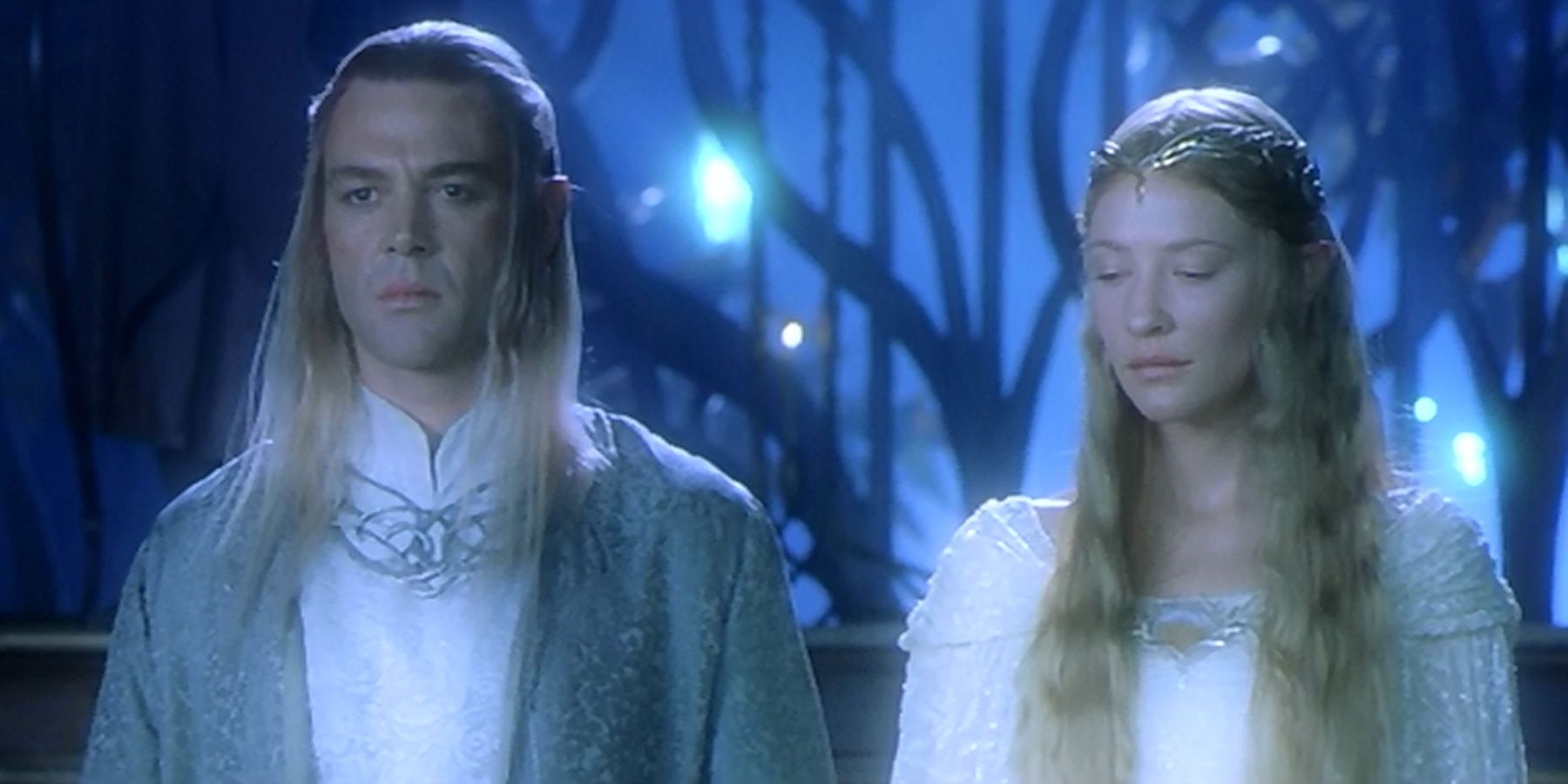The lore of Middle-earth is so expansive and detailed that it would be easy to presume that Tolkien had the entire world and it's history totally planned out. It certainly seems that way, as he wrote about so many small details and historical events that didn't even make it into the main Lord of the Rings stories but were outlined in other works like The Silmarillion or Unfinished Tales. There is so much information about Middle-earth that there are entire Tolkien courses offered at some colleges and universities, and Signum University is even famous for having a whole degree program that's concentrated in Tolkien Studies.
Despite all of this, there are still things about Middle-earth that Tolkien never fully fleshed out for the readers, and some things that he himself didn't even know. Because the lore is so complicated there are bound to be a few holes where questions were never answered, but it's surprising that there are so few in all of Tolkien's work. All that said, there are still a few questions that people have about Lord of the Rings and the world of Middle-earth that he never completely answered, and fans have been debating over the answers for a very long time.
What Are The True Origins of Orcs?
There are multiple theories that Tolkien put forth about how Orcs came to be in Middle-earth, but he died before he was able to give a totally concrete answer to this question. One possible origin is that they were originally Elves who were captured and tortured by Melkor until they were evil and unrecognizable, and another posited that the Orcs were not actually Elves but were entirely created by Melkor or another being. However, the main reason that none of these theories were ever confirmed is that they kind of conflicted with Tolkien's Catholic beliefs.
If Orcs were fully evil and unable to be turned to the side of good, which is an assumption that might be made about them based on the information given, that would be contrary to his Catholocism, as his God would be able to redeem anyone. The other complication was the belief (again, rooted in his religion) that Evil cannot create (because God is the only Creator) and can only destroy, which would disprove the theory of Melkor creating the Orcs himself. Obviously, the history and religion of Middle-earth is not Catholicism exactly, but a lot of it is based on similar principles because that was the lens through which Tolkien saw the world, so it creates these complications when it comes to figuring out the true origins of the Orcs.
What Is Tom Bombadil Really?
One of the greatest questions plaguing Lord of the Rings fans is the nature of who or what Tom Bombadil is. The mysterious figure is introduced in Lord of the Rings, but Tolkien never clarified what his origins really were, or what kind of being he was. It's possible he could be a Maia, like the wizards Gandalf or Radagast, but one who is very in tune with nature and not confined to a human body. At one point Gandalf states that Bombadil could fall to an assault from Sauron if he had his full might and power, so Bombadil can't be one of the Valar or Eru himself (essentially the high God of Tolkien's world), despite those many fan theories.
The running theories at the moment are that Tom Bombadil is an unusually powerful Maia, or some other unnamed and undefined powerful being that is unlike anything else Tolkien wrote about in Middle-earth. He seems to have great power, but he stays out of the conflict with Sauron, which only adds to his mystery. Everything about the character feels vague, because Tolkien never really defined what he was. This has led to Tom Bombadil being one of the most debated parts of Middle-earth lore amongst fans.
What Happened To The Blue Wizards?
There are five wizards in Middle-earth, and they wae Maiar spirits sent into the world in human form with the express purpose of aiding in the fight against Sauron. Gandalf, Saruman, and Radagast are the three wizards that get the most focus from Tolkien, but he also briefly mentions two more wizards - the Blue Wizards - but once again, never fully fleshes them out. In Unfinished Tales, Tolkien states that their names are Alatar and Pallando, and that their purpose was to fight the forces of Sauron in the East and South, while the other wizards were focused more in the West.
This is really the only mention they get, and it's even unclear whether or not they succeeded in their mission. Again in Unfinished Tales, Tolkien said that of all the wizards, only one remained faithful to the mission, this being Gandalf. This then implies that perhaps the Blue Wizards fell to the influence of Sauron or strayed from their purpose much like Saruman did. Because the Wizards as a whole are such powerful characters, it would be fascinating to know more about the Blue Wizards and what happened to them, and what kind of opposition they encountered in their own battles. However, Tolkien never made anything about their stories clear, so all fans have are theories.
What Are Galadriel And Celeborn's Backstories?
Though these are both fairly well-known characters in the canon of Middle-earth, their stories before the events of Lord of the Rings aren't as clear, especially Celeborn's, and Tolkien even changed his mind on them multiple times. In one version of events, Celeborn was born close to the very beginning of Elven life as a whole. He was related to the Maiar Melian who ruled during the First Age and he and Galadriel met and fell in love in Doriath. Galadriel was born in Vala but left it because she wanted to explore the world and perhaps rule her own kingdom. During the events of The Silmarillion, she was a supporter of Fëanor and fought against Morgoth, and she was quite the warrior before she met Celeborn and settled down with him.
However, later on, Tolkien changed some of her backstory because he wanted to maintain her image as a force of good. Because of the Kinslaying - an event where the Noldorin Elves of Fëanor killed Teleri Elves in order to get their ships and leave Valinor for Middle-earth - Tolkien decided that having Galadriel support Fëanor wouldn't be a good look. He instead had her oppose the Kinslaying and oppose Fëanor in general, which is where the story about her refusing to give him a lock of her hair (which she later gives to Gimli) comes from. The shifting natures of these characters' backstories was something Tolkien never fully delved into, and it would be fascinating to know more concrete information about Galadriel and Celeborn as they are such powerful and important characters.

